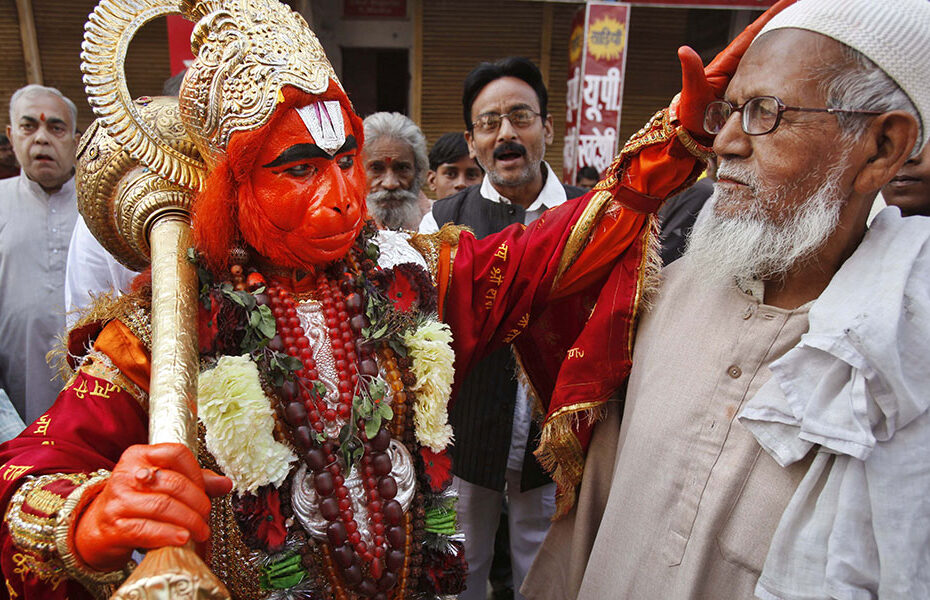You must have heard about Hindu nationalism or Hindutva at some point. During elections, one can often catch debates about it on TV every evening. Today, we will try to understand what Hindu nationalism means and how the youth should perceive and understand it.
First, we need to understand nationalism. Nationalism is a political aspiration that most people in a country associate with the welfare of the nation or its prestige and work together to fulfill this aspiration. In other words, it is a political aspiration of most of the population of a nation, achieved through collective action and loyalty towards the nation-state. Let’s try to understand it with an example. We all have heard about Gandhi’s nationalist movement, where Gandhi explained to the people of India that if we want to live with our heads held high and make our own decisions, we must drive the British out of India. The entire nation understood and accepted this idea, fought together, and achieved our independence. Similarly, some political parties have the political aspiration that India’s identity should be rooted in Hinduism and Indian culture, and for this, political and social changes are necessary. The biggest problem here is that while political parties have set a goal, there hasn’t been much discussion on how this goal will be achieved. As a result, we often see youth behaving aggressively, playing loud music in front of mosques, forcefully shouting “Jai Shree Ram” at people of other faiths, and many such incidents. Will forcing people of other faiths to chant “Jai Shree Ram” make them respect Hinduism? I think it might have the opposite effect. So, the question arises: what should the youth do?
The first thing the youth need to do is to understand the differences in culture and religion and then try to explain these differences to others. For example, some time ago, a judge of the Supreme Court suggested that events associated with courts should stop lighting lamps, as it hurts religious sentiments. But they don’t realize that by saying this, they are not only disrespecting their own culture but also the Constitution because Article 51A, which we call fundamental duties, states as the 6th duty that it is the duty of all of us to respect and work for the protection of our culture. If we don’t convey these things to the people, they will always connect culture with religion, and one day our own culture will be in danger.
Secondly, in Hinduism, there is no shortage of knowledge; much has been taught and understood, but much remains to be taught and understood. Try to bring out that knowledge, the heritage that our ancestors left for us, and reach it to every household. People will understand, but you have to be patient. Look at Indonesia, it is the world’s largest Islamic country, yet you can see a significant influence of Hindu traditions, especially the Ramayana, because people there understand the difference between religion and culture. This difference is what you need to explain to the people of India. You will never gain respect by being a part of a crowd and causing harm to someone or hurting their dignity and beliefs; this can only be achieved through patience and knowledge.
